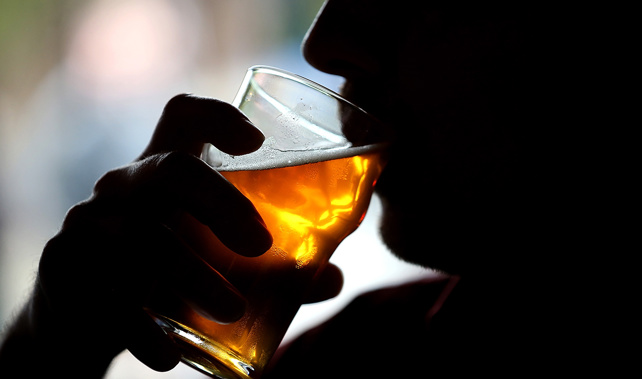

An alcohol harm watchdog says councils could review their local alcohol policies faster if national alcohol law reform comes into effect.
Dr Nicki Jackson, executive director of Alcohol Healthwatch, told Local Democracy Reporting that once a local alcohol policy is adopted by the council, it can be reviewed at any time.
She added that if MP Chlöe Swarbrick's amendment of the Sale and Supply of Alcohol (Harm Minimisation) Amendment Bill forces a law change and removes the appeals process, councils could bring forward a review of the policy.
"I always encourage councils to continue to monitor alcohol harm data to identify trends and bring forward a review of the LAP (Local Alcohol Policy) if necessary. Should the appeals process be removed, many councils may choose to bring their review forward so that they can implement stronger protections."
Dr Jackson's call comes after Hauraki District Council endorsed Swarbrick's bill, and also approved its draft Local Alcohol Policy.
"Whilst the draft LAP is not as strong as we would like it to be, it does include many elements that will minimise alcohol harm in the region," she says.
"The closing hours for pubs and off-licences are reasonable and there are some restrictions to where new licences can be located, which is more than other councils have in their local alcohol policies.
"The draft Hauraki LAP prohibits new bottle stores to be located within 50 metres of an existing bottle store, school, ECE, [or] council playground.
"I recognise that there is a presumption that no new bottle stores will be located in Paeroa, Ngātea and Waihi, but that only applies if the DLC (District Licensing Committee) considers that the amenity and good order of the locality is likely to be reduced."
A council spokesperson says "there is already a clause within the policy around the presumption that there will not be any additional off-licences within our three main town centres where the amenity and good order of the locality would be likely to be reduced to more than a minor extent".
The figures for alcohol-related hospital admissions highlight the problem.
Data for the district from Waikato District Health Board between 2019 and 2022 reveals that there were 211 alcohol-related presentations to the Emergency Department, and of that one in three (32 per cent) were Māori.
There were two alcohol-related deaths and the highest number of alcohol-related presentations across Waikato's five hospital emergency departments was 137 at Thames.
The only amendment Hauraki District Council made to its LAP was around Special Licenses which now states no more than 20 events or series of events will be authorised by special licence to a single licence applicant in any 12 month period.
"If MP Chlöe Swarbrick's Bill should get read and passed in Parliament, there is nothing to stop Hauraki reviewing their LAP once the appeals process is removed." says Dr Nicki Jackson.
Hutt City Council adopted its first LAP in May 2016 and went back to it in March 2017, this time adding a cap to the number of off-licences in six suburbs that experience high levels of alcohol harm."
- Aden Miles Morunga, Local Democracy Reporter
Public Interest Journalism funded through NZ on Air.
Take your Radio, Podcasts and Music with you








